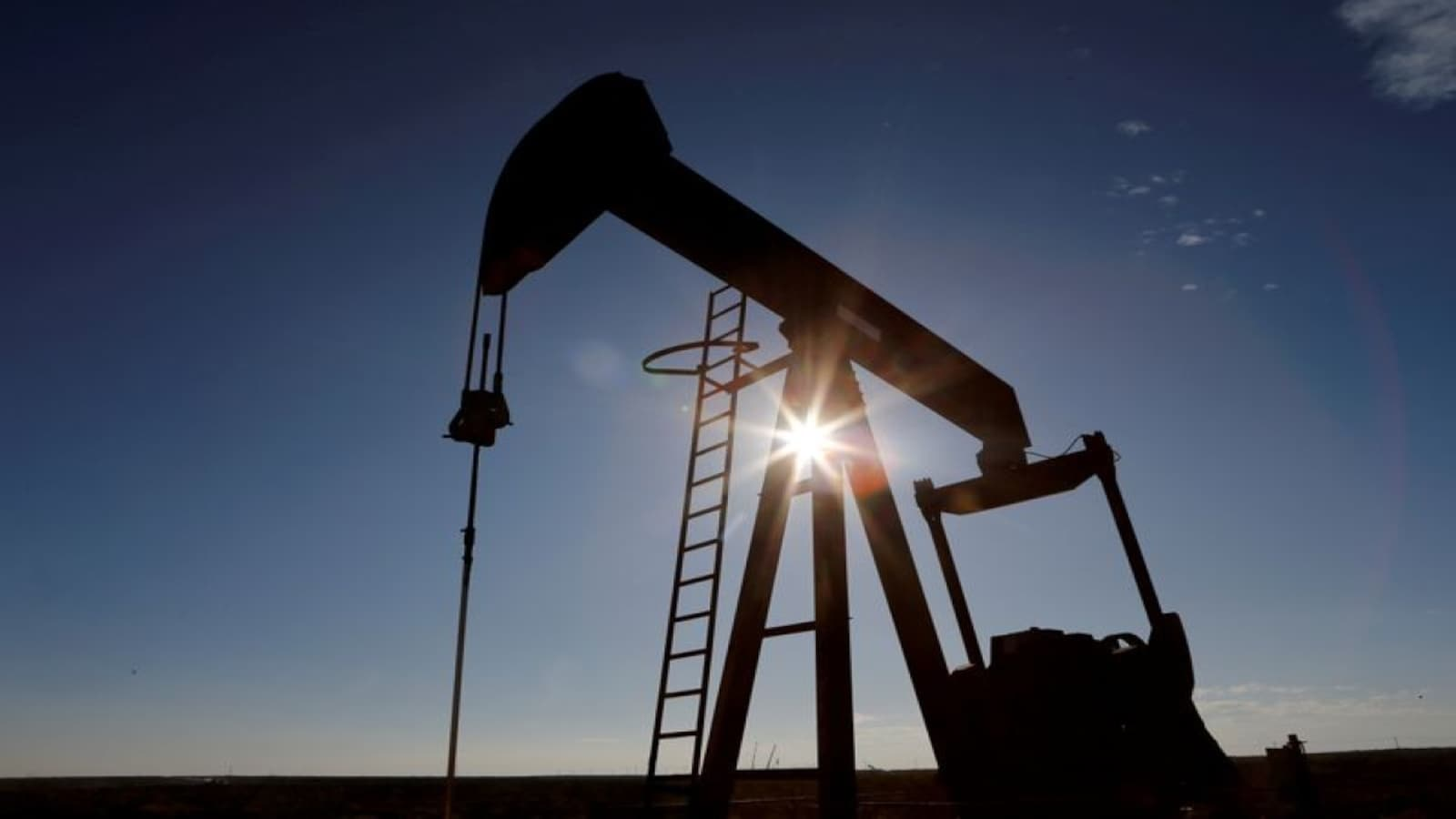India–US Trade Tensions Rise Over Steel and Auto Tariffs NMDC Limited reports a 38% drop in Q4 FY24 consolidated net profit RINL to Raise $23 Million Through Land Sales Amid Crisis

Crude oil prices fell on Monday morning despite Iran's drone and missile attacks on Israel. At 9:55 a.m., May crude oil futures on WTI were at $85.42, down 0.28%, while June Brent oil futures were at $90.31, down 0.15%.
On Monday morning, April crude oil futures were trading at ₹7,137 on MCX, down 0.70% from the previous close of ₹7,187. May futures were trading at ₹7,103, also down 0.70% from the previous close of ₹7,153.
Iran attacked Israel on Saturday using more than 300 missiles and drones. This happened after the Iranian embassy in Syria was attacked. Iran suspects the involvement of Israel in its embassy in Syria.
Market reports said the Israeli government is now getting ready for a response to Saturday’s attack. A full-blown war between Israel and Iran could impact the crude oil supplies to the world market. Iran is one of the major producers of crude oil in the global market.
In the commodities daily for Monday, ING Think’s Warren Patternson and Ewa Manthey said the oil price action is fairly muted in early morning trading on Monday, considering developments in West Asia over the weekend.
The market had been expecting some form of retaliation from Iran following a suspected Israeli attack on Iran’s embassy in Syria earlier in the month. The fact that there was limited damage and no loss of life may also provide some comfort to the market, as it may mean a more measured response from Israel, they said.
However, the scale of the attack over the weekend and the fact that it was the first time Iran has directly attacked Israel means that there is still plenty of risk of further escalation in the region. While Iran considers the altercation ‘concluded’, markets will have to wait to see how Israel responds. The US and allies are pushing for a diplomatic response, while the risk is that hardliners within the Israeli government push for a more aggressive response, they said.
They stated that the events increase the risk of oil supply disruptions. Iran pumps a little over 3 million barrels of crude oil a day and is the fourth largest producer within OPEC.
“The first risk is that oil sanctions are more strictly enforced against Iran, which could result in the loss of anywhere between 500,000 and 1 million barrels a day of oil supply. This would ensure that the oil market remains in deficit for the year. “Secondly, there is the risk that Israel’s response includes targeting Iranian energy infrastructure, which would mean the potential for even more significant supply losses.
“And finally, if we were to see further escalation, there is the risk that Iran would attempt to disrupt or block oil flows through the Strait of Hormuz, through which roughly 20 million barrels a day of oil moves. We believe the risk that is most likely to materialise is stricter sanction enforcement against Iran,” they said.
April aluminium futures were trading at ₹235.55 on MCX, up 4.02% from the previous close of ₹226.45. On the National Commodities and Derivatives Exchange (NCDEX), May cottonseed oilcake contracts were trading at ₹2,586 in the initial hour of trading on Monday morning against the previous close of ₹2577, up by 0.35%.
Also Read : IEA lowers global oil-demand growth forecast for 2024 Study explores using coal for energy storage devices in EV batteries